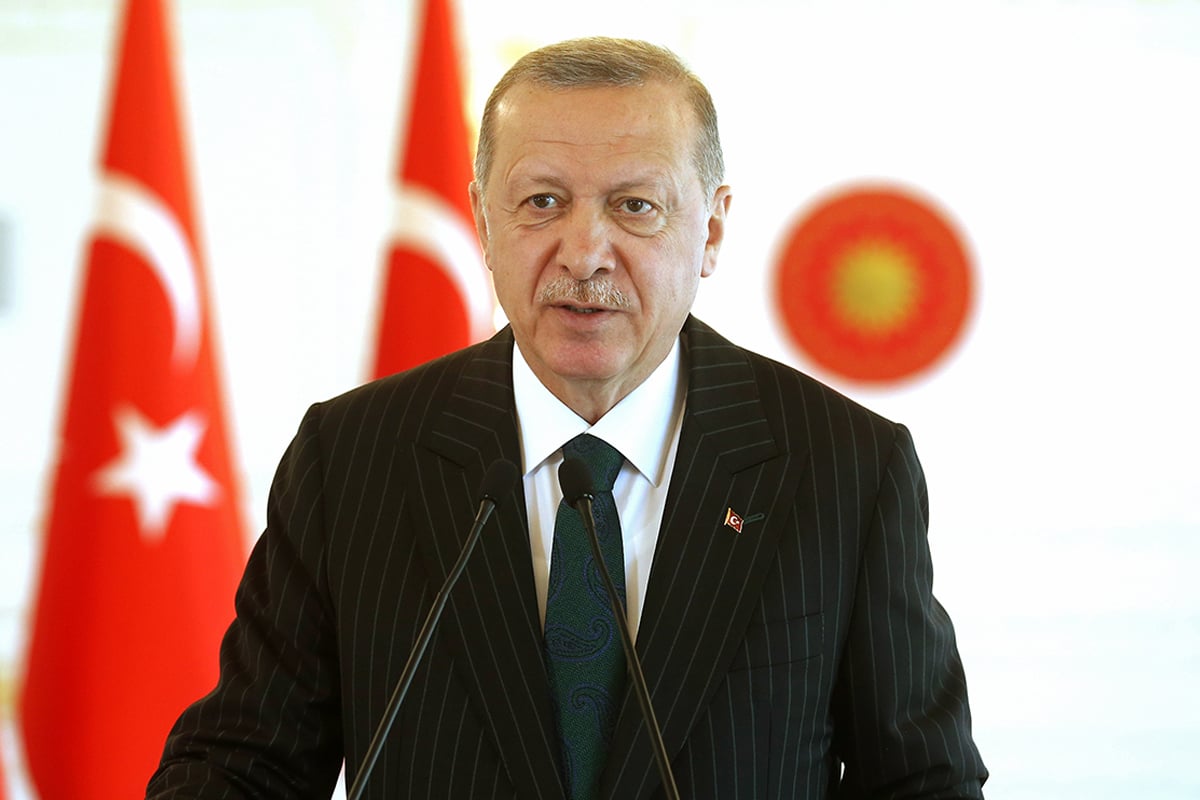Turkish President Recep Tayyip Erdogan is taking bold steps.
Turkey executed airstrikes against U.S.-backed groups in Syria and Iraq despite U.S. concerns. Additionally, reports emerged that Erdogan’s administration detained over 1,000 figures linked to the opposition, drawing sharp criticism from European nations.
Fresh off a referendum victory that bolstered his constitutional powers, Erdogan seems poised to challenge both foes and friends. He perceives his electoral success as a Turkish endorsement of his stringent measures post the unsuccessful military coup, which saw a stifling of opposition, civil liberties, and media freedom.
Erdogan’s newfound assertiveness isn’t restricted to domestic affairs. The recent airstrikes signify Turkey’s escalating role in the Syrian and Iraqi regions, positioning it at odds with the U.S.-backed coalition’s anti-ISIS operations.
In defence of these airstrikes, Erdogan voiced his determination to prevent the Sinjar region in northern Iraq from becoming a PKK stronghold. Turkey maintains that its airstrikes targeted the Kurdistan Workers Party (PKK) – a group identified as terrorists by Turkey and the U.S. However, the distinction between PKK and the U.S.-backed YPG often blurs in Turkey’s communications. As per the Turkish air force, 70 individuals perished in these attacks.
The U.S. conveyed its reservations about these unilateral actions by Turkey. A U.S. State Department representative, Mark Toner, emphasized the lack of proper coordination.
Despite claims by Turkish Foreign Minister Mevlut Cavusoglu of having informed the U.S. and Russia in advance, coalition forces assert that the notification was insufficient. Russian authorities also expressed their concerns, supporting the Kurdish anti-ISIS efforts.
On the domestic front, Erdogan’s contention with Europe grew with the arrest of 1,009 individuals across 72 Turkish cities with alleged links to Fethullah Gulen, whom Turkey accuses of masterminding the coup. Subsequently, over 9,000 security personnel were suspended on suspicions of association with Gulen.
Europe’s leaders, alarmed by the scale of detentions, have accused Erdogan of undermining civil liberties. Following Turkey’s controversial referendum, the Parliamentary Assembly of the Council of Europe included Turkey on its human rights monitoring list. Erdogan, dismissing such criticisms, has hinted at abandoning Turkey’s EU membership bid, which has stagnated over the past five decades.
Erdogan, emphasizing Turkey’s role in sheltering Syrian refugees, pointed out the nation’s readiness for a referendum regarding EU membership, drawing parallels to Britain’s Brexit. While distancing from the EU, Erdogan hinted at potential capital punishment reintroduction, which would negate Turkey’s EU membership prospects.
Erdogan’s focus isn’t limited to internal matters. As ties with Western allies strain, Turkey finds new partners, co-mediating Syrian ceasefire discussions alongside Russia and Iran.
President Erdogan’s actions signal a pivot for Turkey in a shifting geopolitical landscape, straddling between its historical alliances and emerging regional powers. As Erdogan charts a path that frequently diverges from Western expectations, the international community is left to grapple with the ramifications of a Turkey redefining its global role.







